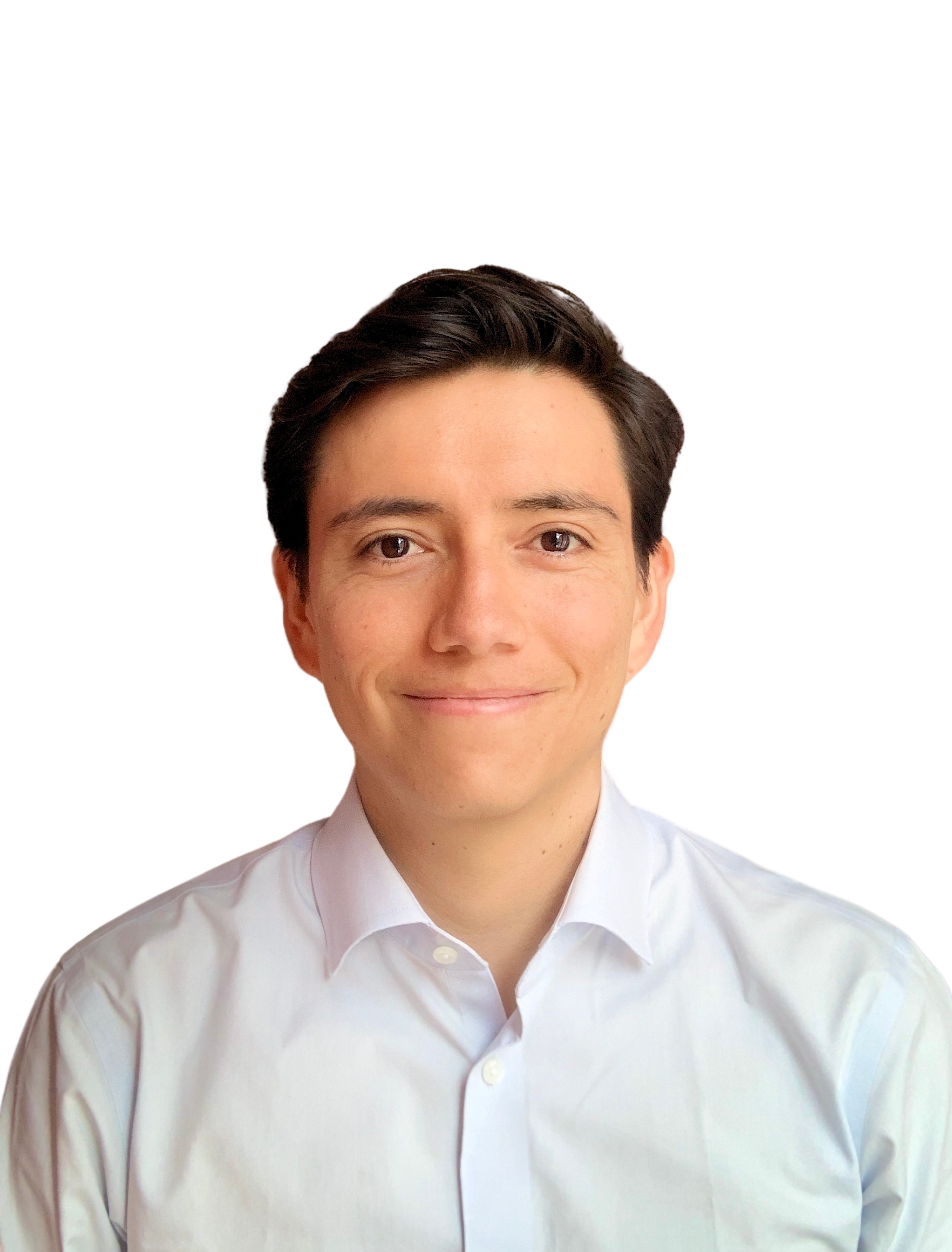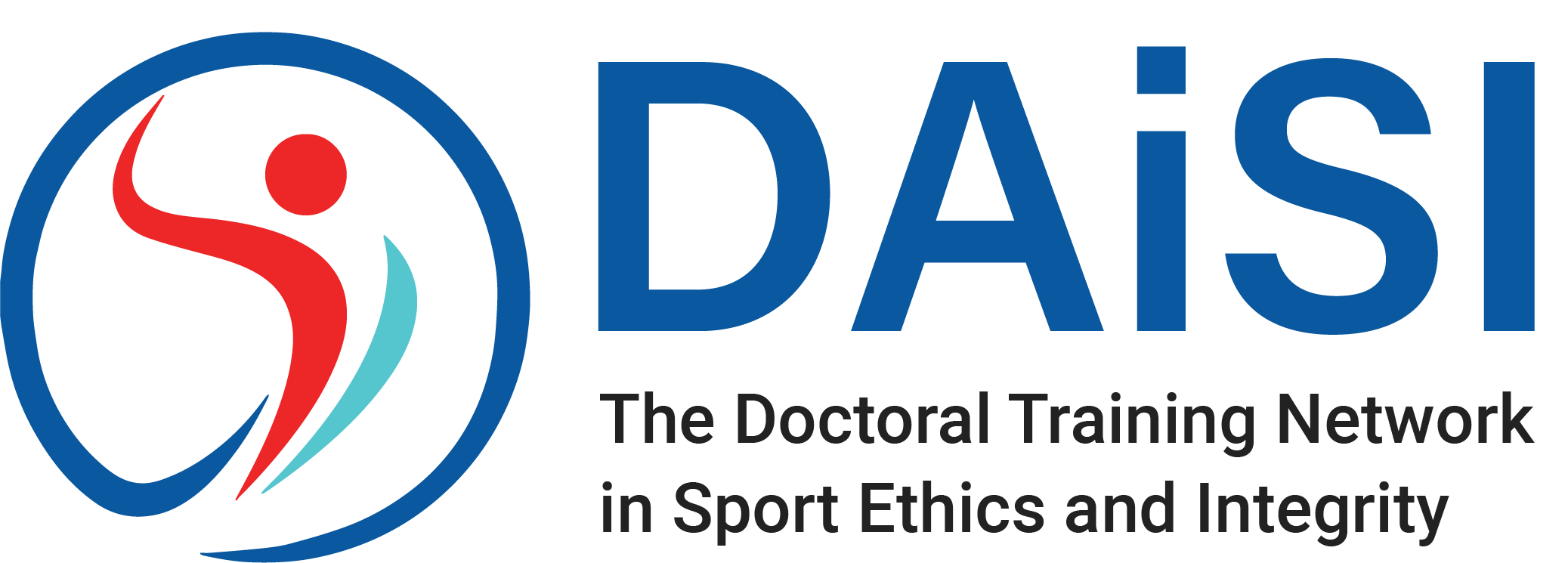

Doctoral Candidate 6 (DC 6) Name: Andres Meneses
Email Address: [email protected]
Personal Information: Andrés is passionate about human behavior. His curiosity drives him to explore and dive into various topics to understand why people act the way they do. He completed his BSc in Economics at USFQ and his MSc in Economics and Business Administration at NHH and the University of St. Gallen. During this time, he specialized in big data, policy analysis, behavioral economics, and econometrics.
In terms of professional experience, he worked for three years as an analyst and two years as an independent consultant. During the first three years, he provided strategy and investment advice to companies from different industries. After this first stint, he became an independent consultant focused on providing policy recommendations with an ethical component. He worked with government agencies and non-profit organizations to shed light on critical social challenges.
Currently, Andrés is a doctoral candidate at DAiSI. His research focuses on how to measure and manage ethical and integer behavior in sports organizations. This topic aims to provide managerial and policy recommendations to improve the well-being of all the actors surrounding the world of sports. He is based at KU Leuven in Belgium under the supervision of Prof Dr Thomas Könecke (KUL) and Prof Dr Chris Horbel (NIH).
Home University: KU Leuven
(1) Host University: NSSS
(2) Industrial Partner: AIU
Supervisors: Prof Dr Thomas Könecke, KUL; Prof Dr Chris Horbel, NSSS
Project Description: The project seeks to develop standardised/standardisable academically and empirically grounded systems for managing, i.e. measuring and controlling, ethically desired and integer behaviour in sport organisations. These systems will be adaptable to different organisations types (e.g., sizes, purposes) and different aspects of ethical behaviour (e.g., protection of athlete rights, fighting unwanted behaviour). The project will draw from the insights won in the other projects of this DN and from own original research. The developed systems will be a major factor in implementing the scientific outcomes of the DN into organisational practice.
